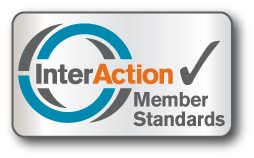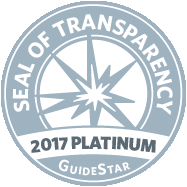Maternity Waiting Centers in Rural Ethiopia
Maternity Waiting Homes are a priority for the Ethiopian government. Pregnant women frequently need to travel long distances or have complications that require them to stay near health centers when they begin labor. Without a place to stay, women will often remain at home-- leading to increased risk of poor outcomes for both her and her newborn.
According to a 2019 article, "Ethiopia has been expanding maternity waiting homes to bridge geographical gaps between health facilities and communities in order to improve access to skilled care. In 2015, the Ministry of Health revised its national guidelines to standardize the rapid expansion of waiting homes...Health facilities with waiting homes had similar or lower rates of perinatal death and direct obstetric complication rates than facilities without a home. The perinatal mortality was 47% lower in hospitals with a home than those without. Similarly, the direct obstetric complication rate was 49% lower at hospitals with a home compared to hospitals without."
WEEMA worked with the local health department to finish construction and outfit the Maternity Waiting Centers at the three health centers in Tembaro District. Having immediate access to safe, clean delivery services staffed by medical professionals will save the lives of moms and babies.
Thank you for supporting WEEMA- without you, this work would not be possible.
Recently constructed maternity waiting home in Tembaro, Ethiopia










